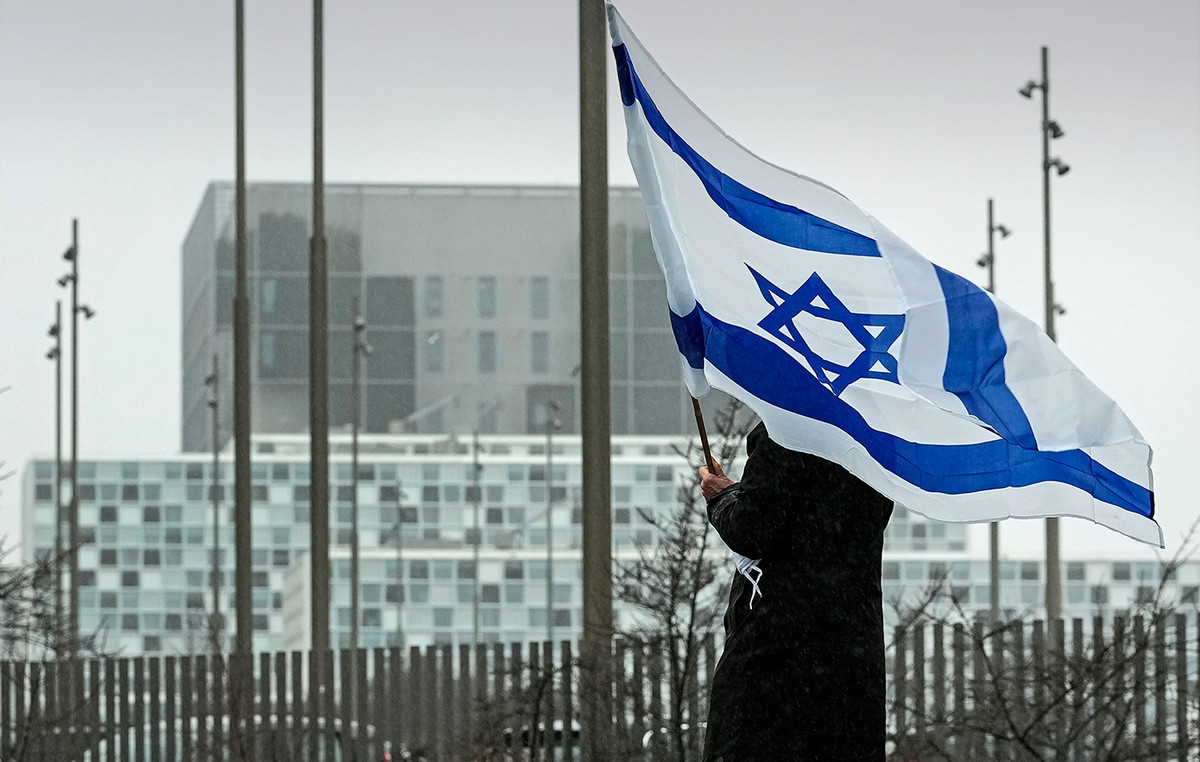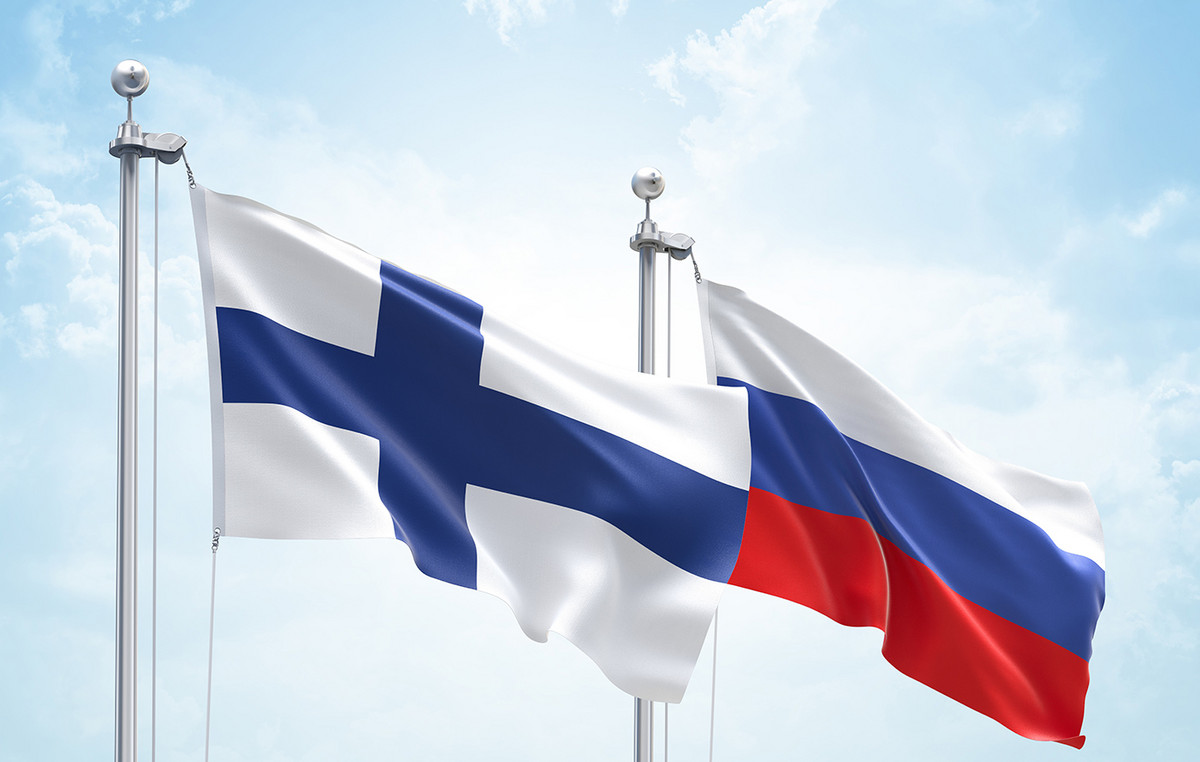The prime minister of Israel Benjamin Netanyahu stated that Israel’s response to attack by Hamasthe deadliest on the soil of Israel for half a century, will be so strong that “will change the Middle East”. What is certain is how the new Israeli-Palestinian war changes the geopolitical data, while fears are expressed that the conflict could take on greater proportions.
THE strategy to normalize Israel’s relations with the Arab worldwhich was promoted by USAwith culminating in the peace agreement with Saudi Arabia, received a crushing blow. Washington is now called upon to manage two war fronts, in Ukraine and Israel, and she may have to make difficult decisions about supporting her allies. The realignment of priorities and resources is pivotal as it comes at a critical juncture of extreme international competition for spheres of influence, with China-Russia axis in focus.
It is no coincidence that a European diplomat described the Hamas attack, which coincidentally happened on the Russian President’s birthday, as the “best gift” to Vladimir Putin. “Attacking Israel would be a distraction, given the natural focus of the US on Israel. Of course much will depend on the duration of the conflict in the Middle East. If we want to be a geopolitical European Union, we have to be able to deal with many crises at the same time,” said the official in Politico.
The Kremlin, which after the operational failures and deadlocks on the Ukrainian battlefields he bets a lot on the “fatigue” of the West to achieve his goalswas quick to take advantage of the developments, hoping that the war in Israel would divert Western support and attention from Ukraine.
And the Russian expectation has a strong basis. THE Volodymyr Zelenskywhere sees growing in the Western bloc – even in the US – reservations, objections and concerns about the duration and amount of aid to Kiev, expressed his concern over the fact that the international community has turned its attention to the Middle East, temporarily leaving the war in Ukraine in the background. He even warned that if this continues “there will be consequences”. The tragedies that hit Ukraine and Israel “are different, but both are huge,” he stressed.
For its part, Moscow has been quick to take advantage of developments in the Middle East and is expected to continue to do so, wanting to provoke new rifts in the western alliance, reinforcing doubts and hurting the morale of Ukrainians. The Kremlin has primarily accused the West of neglecting conflicts in the Middle East in favor of Ukraine. Foreign Minister Sergei Lavrov spoke of a “disastrous policy” by the US, and Dmitry Medvedev, former President and current vice-chairman of the Russian Security Council, described the developments as “expected”, due to the “stupid” decisions of Washington and its allies.
THE Vladimir Putin underlined that the sharp escalation of the Israeli-Palestinian conflict is an example of the failure of United States policy in the Middle East. The Russian President noted that Washington tried to monopolize the search for a solution in the region and failed. Moscow has long-standing ties with the Palestinians, but also has “a lot in common” with Israel, the Kremlin spokesman said, wanting to project an even-handed stance in that context as well. the Russian Foreign Ministry said it is ready to help for a settlement between the two sides by coordinating all regional actors.
THE Volodymyr Zelenskyin an effort to maintain the international community’s interest in Ukraine, claimed that Russia is behind the Palestinians in the war with Israel, presenting an allied “terrorist” triangle with Hamas, Iran and Russia at the top. “We are sure that Moscow supports, in one way or another, the military operations of Hamas. Russia is trying to carry out destabilizing actions around the world,” he said.
It is a fact that Moscow “appears” on almost every hot front recently: tension between Serbia and Kosovo, war in Nagorno-Karabakh and coups in Africa. It is also a fact that Russia is connected to Iran, which is Hamas’s closest ally. Possibly and the latest visits of Hamas leaders to Moscow to boost the morale of the Palestinians to launch the attack. But this is far from seeing the Kremlin as directly involved or as an accomplice.
The scenario of an “evil” Putin who can organize conflicts and crises around the worldexhausting them USA and EU, is an extremely attractive scenario in the West. And it also serves Moscow, as the Kremlin system seeks to project the Russian President as a powerful player who can pull the strings around the world, expanding Russian spheres of influence.
However, the reality may be more disturbing for Western leaders. It seems that Russia is basically taking advantage – perhaps adding fuel in some cases – to the fires, which are however caused by dead-end strategies and failures of the West. Vladimir Putin simply, Politico aptly notes, enjoys the chaos.
In 2018, speaking to a congressional committee, Henry Kissinger, the former US secretary of state and geopolitical machinist “meteor”, rejected the idea that all “isolated crises in different corners of the world” were just coincidences. “Traditional patterns of great power competition are returning,” he warned, as Politico recalls.
Developments in the Middle East are a given that they create a problem in Washington and above all, as noted by Foreign Affairs, they put an end to the “illusion in the US that it can disengage from a region that has dominated the US national security agenda for the last half century”.
Just a few days ago the extreme wing of the Republicans managed to put aid to Ukraine out of the temporary budget and finally forced the resignation of fellow Republican Kevin McCarthy, speaker of the House of Representatives, who was reportedly accused of developing “close relations” with the Biden administration in an effort to sidestep the backlash in Congress.
The same extreme wing now appears fanatically in favor of support for Israel, and this no doubt annoys Kiev. “The process of providing arms to the Kiev regime from a factual, emotional, economic and technological point of view will enter a downward trend,” Kremlin spokesman Dmitry Peskov estimated.
At the moment, according to her information Washington Post, the White House to overcome backlash over support for Ukraine is considering a scenario that would link funding to Ukraine with emergency aid to Israel. The Biden administration hopes that such a pairing will increase the likelihood that the Republican-controlled House of Representatives will also approve aid to Kiev. The Pentagon is clear: US aid to Israel and Ukraine depends on action by Congress.
It remains to be seen, firstly, whether the plan will go ahead and secondly, how long the US will be able to sustain the same support with military, economic and political capital in two “long and difficult” wars.
Source: News Beast
With 6 years of experience, I bring to the table captivating and informative writing in the world news category. My expertise covers a range of industries, including tourism, technology, forex and stocks. From brief social media posts to in-depth articles, I am dedicated to creating compelling content for various platforms.







